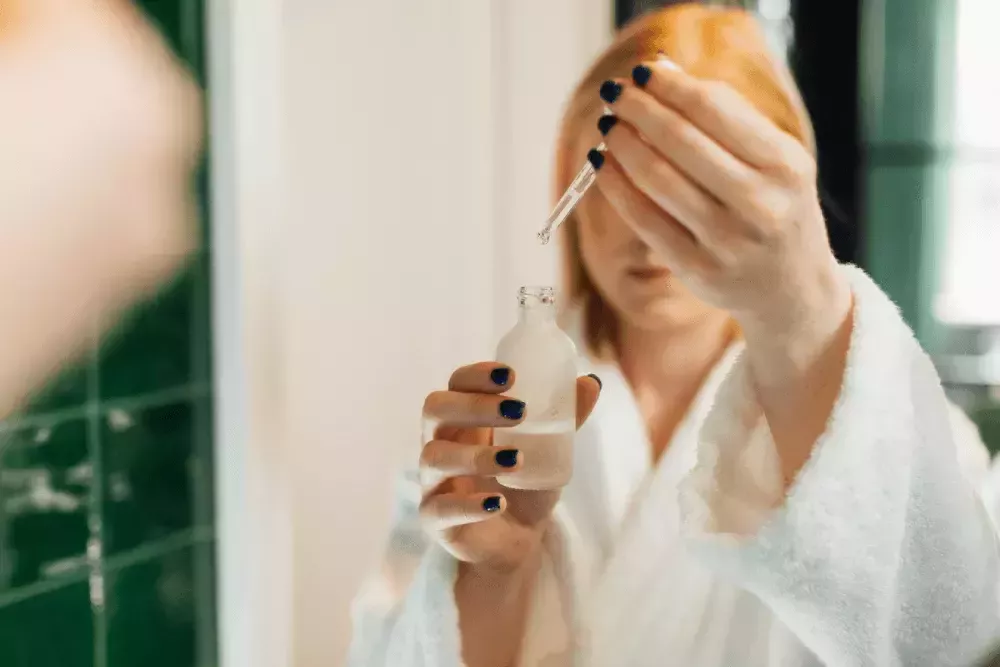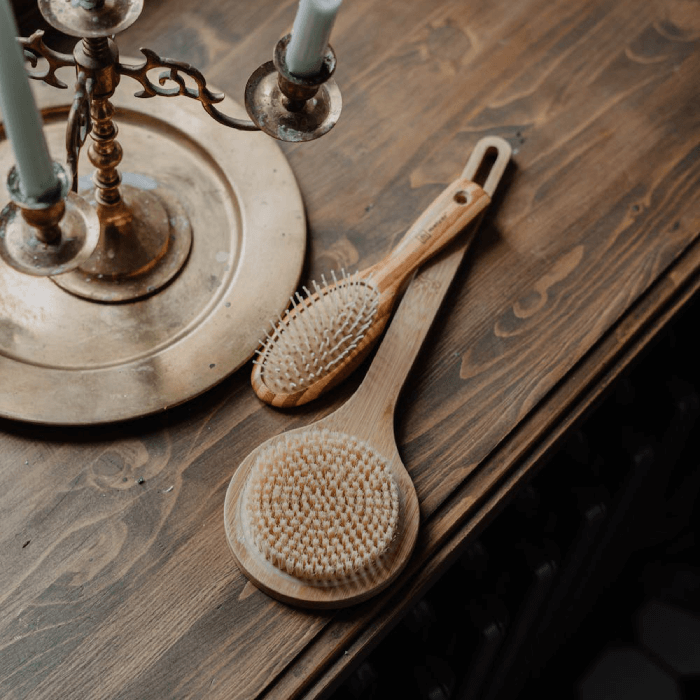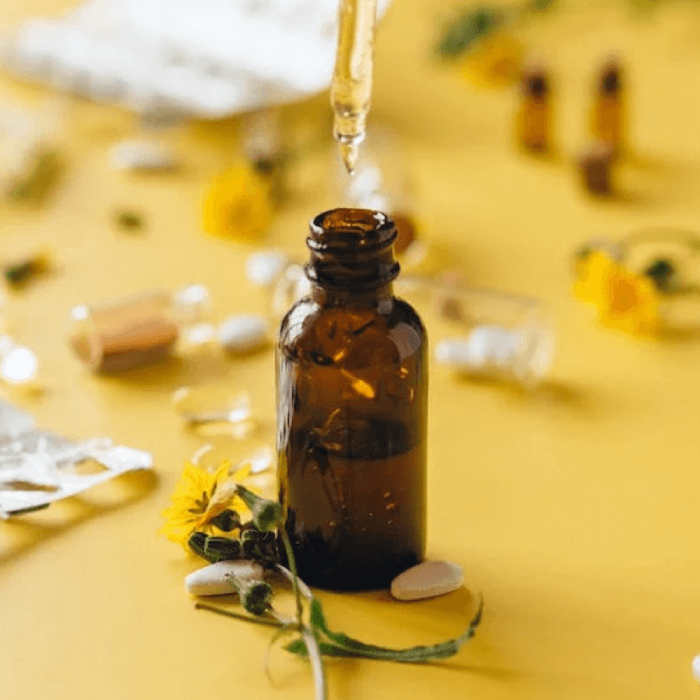Mythbusters: Hair Edition - Debunking Wacky Hair Myths and Legends
Your hair is an important part of your identity. It is not just about your head or about making you look more beautiful. Over the years, countless tales and stories have been told about what to do and what not to do to our hair. Due to frequent retelling, these tales have become ingrained in time, and no one knows the real truth about maintaining healthy hair.
But, are these stories true, or are they just stories passed down through generations? In this hair myth-busting piece, we will look at common hair care myths and uncover the scientific truth about them. Debunking hair myths and knowing the truth about your hair will make a big difference in your journey to achieving gorgeous locks.
Popular Hair Myths: Busted or Confirmed?
There are so many hair legends that have stood the test of time and are now perceived as true even though they’re not. Let’s take a look at some popular hair care myths and determine whether they’re true or not.
➔ Myth: Cutting your hair makes it grow faster.
Fact: False; hair growth occurs at the scalp and not the ends. Trimming your hair does not affect the rate of growth, it can, however, keep your hair healthier.
➔ Myth: You must shampoo daily if you want clean hair.
Fact: False, washing your hair too much can strip away the natural oils that keep it healthy and moisturized. For most hair types, washing every 2-3 days is enough, as it will allow your scalp to maintain its natural balance.
➔ Myth: Plucking one grey hair causes two more to grow back.
Fact: False, plucking one grey hair will not affect the growth of others. Grey hairs are primarily determined by genetics and the natural aging process.
➔ Myth: Brushing your hair a hundred times a day makes it healthier.
Fact: False, over-brushing can damage your hair and gentle detangling is better for overall hair health.
➔ Myth: Rinsing hair with cold water makes it shinier.
Fact: Partially true. Cold water may temporarily seal the hair cuticle, adding more shine, but it's not a long-term solution for hair health.➔ Myth: Using mayonnaise or beer as hair treatments can repair hair damage.
Fact: This is unproven, as there is no scientific evidence that they repair hair damage. For better hair health, you should always stick to tested hair products.
So, while some myths hold a grain of truth, others are purely fictional. To make the best choices about your hair care routine, you should always rely on scientific knowledge instead of hopping on the same train as everyone else.
The Roots of the Myths: A Look Back in Time
Understanding where these myths came from will shed more light on why they persist. The common sources of hair care myths can be traced back to historical and cultural beliefs, misunderstandings, false advertisements, old wives’ tales, and more.
For example, the belief that cutting your hair frequently would make it grow faster may have originated from the observation that freshly cut hair looks thicker and grows more evenly when it is trimmed to remove split ends. Over time, this led to the misconception that cutting the ends somehow makes the hair grow faster.
The myth about shampooing the hair every day may have its roots in societal views on personal hygiene. Plucking of grey hairs was likely borne out of superstitious beliefs associated with graying hair, while excessive brushing of the hair probably stemmed from old beauty practices that emphasized meticulous grooming.
Furthermore, the idea of using cold water to make the hair shinier apparently arose from the temporary shine that occurs when cold water smoothes the hair cuticles. Lastly, the use of mayonnaise or beer as hair treatments for hair damage could have started as DIY remedies passed down through generations because they contain some nutrients that help with hair health.
These historical and cultural influences have contributed to the endurance of hair myths. Therefore, there’s a need to rely on accurate information and hair mythbusters in order to ensure proper hair care.
Science Weighs In: What the Experts Say
➔ Myth: Cutting your hair makes it grow faster.
Science: One of the most enduring hair myths suggests that trimming your hair will increase its growth. However, science tells us otherwise as hair grows from the roots, and not the tips. Trichologists (experts in the study of hair and scalp health) confirm that the rate of hair growth is determined by genetics and other factors like age and overall health. So, while frequently trimming your hair may improve its appearance, it won't affect the rate at which it grows.
➔ Myth: Brushing your hair a hundred times a day makes it healthier.
Science: The idea of brushing your hair many times a day for optimal hair health is a thing of the past. While brushing your hair will help to distribute natural oils and get rid of tangles, overbrushing can cause hair breakage and damage. In fact, a study of 14 women showed that brushing is associated with hair loss and that the more you brush, the higher the chances that you may lose hair.
➔ Myth: Rinsing hair with cold water makes it shinier.
Science: Many people have heard that a cold water rinse will put some shine on their hair. While there is a little truth to it, it's not a magic fix for dull hair. Cold water can help temporarily seal the hair cuticle, making it lie flat and reflect more light which makes the hair appear shinier. However, this short-lived effect doesn't address the underlying factors contributing to hair health and shine.
➔ Myth: Using mayonnaise or beer as hair treatments can repair hair damage.
Science: Mayonnaise and beer are often touted as DIY hair repair miracle workers. Despite popular belief, ingredients like mayonnaise and beer do not have any scientific backing when it comes to repairing damaged hair. For effective hair repair, it's advisable to use products specifically designed for this purpose, as they contain ingredients that are clinically tested.
Why Facts Matter: The Risk of Hair Myths
Believing hair myths can have real consequences. Apart from wasting your money and time on ineffective treatments, you run the risk of damaging your hair. Debunking hair myths will let you take care of your hair with scientifically backed methods which will improve scalp health and allow for healthier, gorgeous hair.






